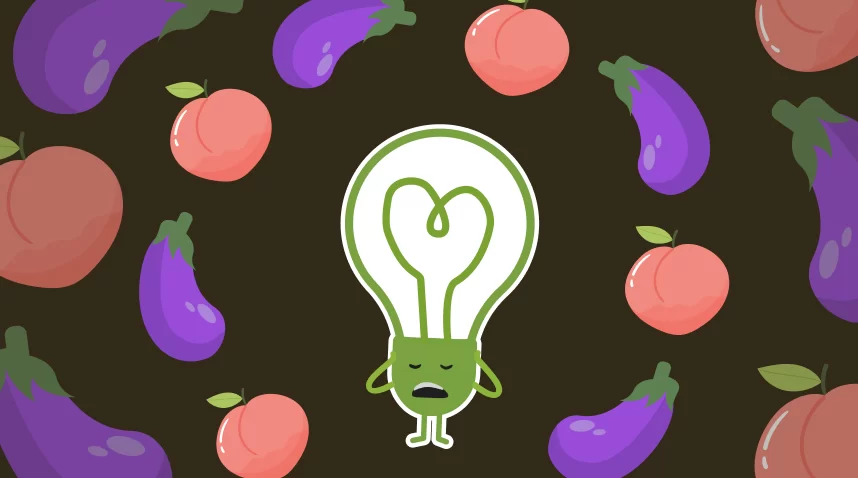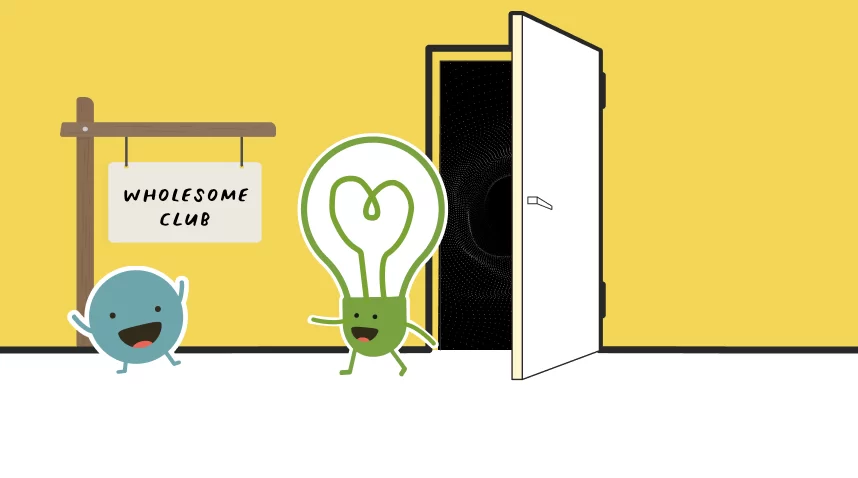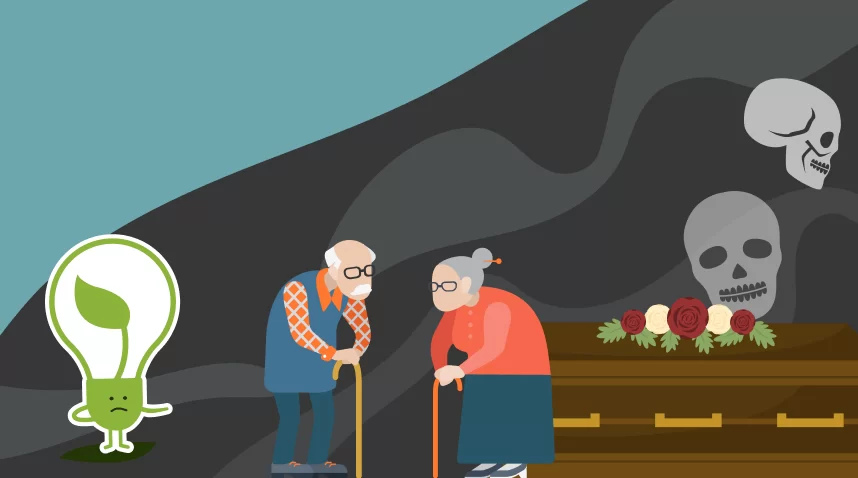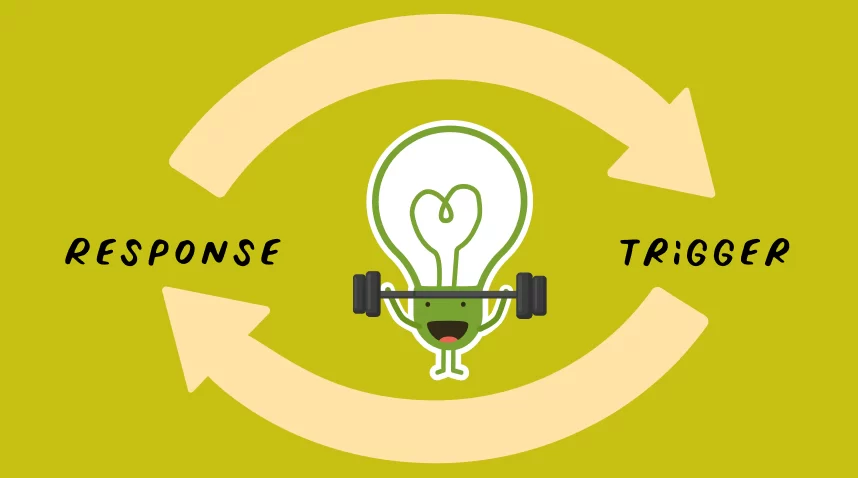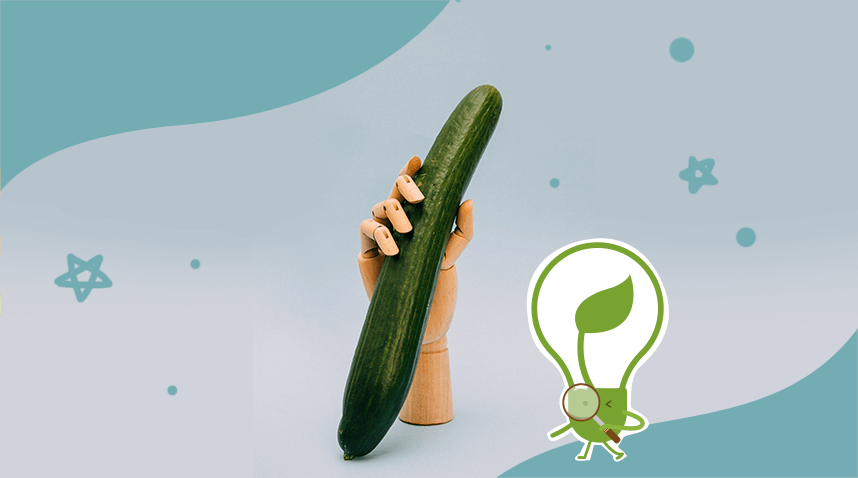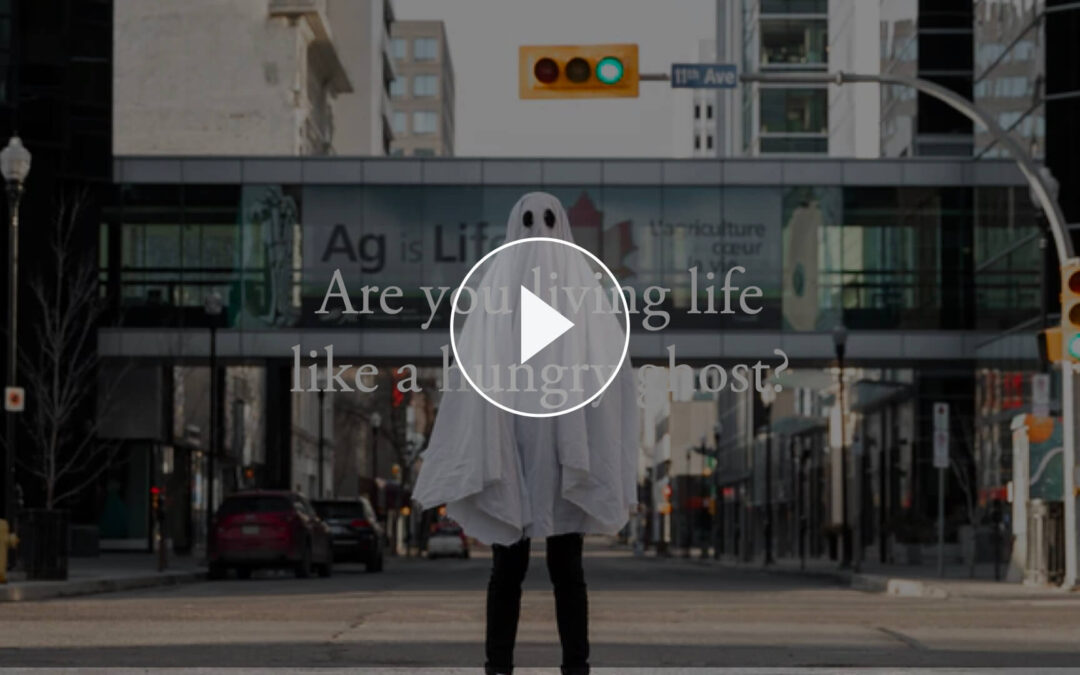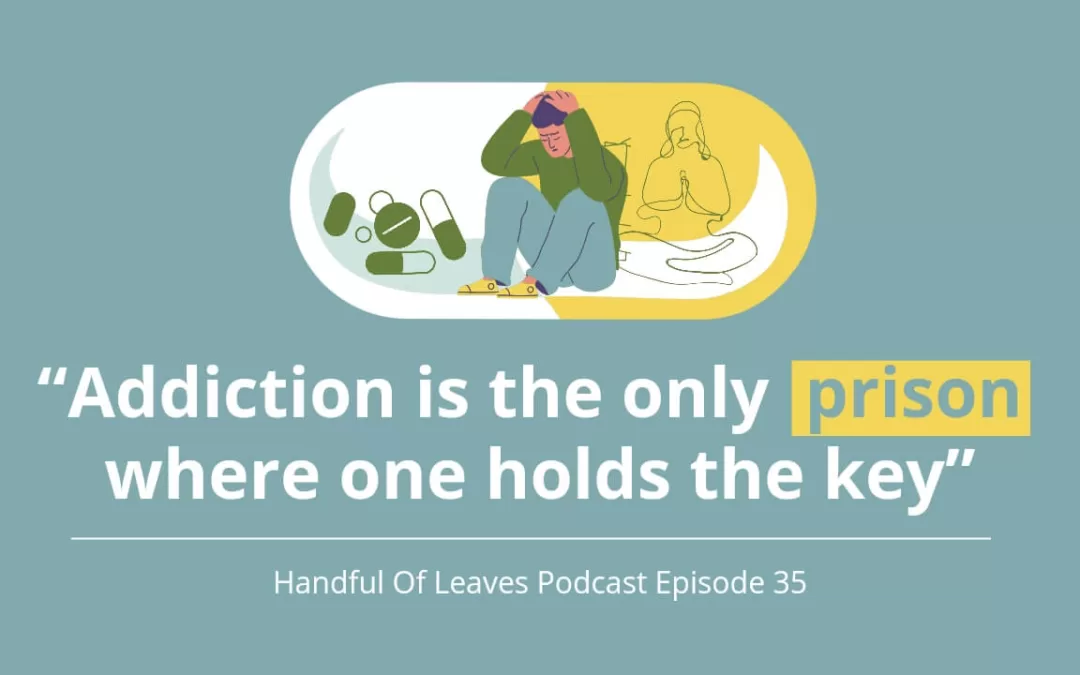
Ep 35: Altered States: A Drug Addict’s Journey to Dhamma
Transcript
[00:00:00] Cheryl:
Welcome to the Handful of Leaves podcast. My name is Cheryl, and today we are back with another episode. I am here with Alvin, a friend who has experienced and struggled with drug addictions in the past. He’s here today to share a little bit more about his learnings, and his journey. He wanted to give back to society after seeing how the Dhamma really helped him in his journey.
[00:00:27] Alvin:
Hi, Cheryl. Hi, guys.
[00:00:29] Cheryl:
I’m very curious about how you started getting into drugs.
[00:00:34] Alvin:
So, an ex-friend actually introduced me to drugs. When we were in primary school, they told us to stay away from drugs, right? They told us we’d get hooked easily. I guess at that point, I was just curious. Oh, is it really true that a few puffs will really get us hooked? So I went ahead and tried it, which is a very bad idea.
[00:00:51] Cheryl:
Right. Curiosity killed the cat, but in this case, curiosity got you hooked. I see. And what happened after that?
[00:00:59] Alvin:
Your work, your health, your relationships friends, actually everything got affected. Because almost every moment I was thinking about drugs. In a way, deep down a part of me also feels guilty. I know this is wrong but, I just can’t help it. The addiction basically just takes over. To be honest, I broke all the precepts except for the first one, the killing of another human being.
Because I was using crystal meth, the whole time I was feeling like I was no different from an animal or maybe a ghost? Basically, I was always craving for drugs. It increases your sexual desire, you are impulsive, and you have frequent mood swings. Because I have a bit of anxiety, it actually increases the anxiety attacks.
[00:01:44] Cheryl:
I see. What was the turning point to get out of your addiction?
[00:01:48] Alvin:
I mean, I feel like I’m a being from the lower realm. When I look at my friends, I basically feel that something is actually wrong with me and I need to change. That is when I started to do my own research on the Dhamma and modern psychology to help myself get out of the addiction. Basically, abusers will glorify the highs you can get from the substance, and they don’t look at the negative effects on your mind and body.
I watched videos on human anatomy created by healthcare professionals, to watch what it does to your organs, your brain, everything. In that process, I listened to Dhamma teachings. I make the effort to go for meditation, sign up for retreats, speak to Bhantes, and share my problems with them. Going through all these Dhamma activities, I also made Dhamma friends. I also share my problems with them. All of them gave me advice and helped me.
And because of meditation, I looked inwards, and I realized that being in addiction, my behaviour, my thinking, everything was distorted. It’s really like beings from a lower realm. I must just keep making the effort to replace negative habits with refined habits and negative thoughts with refined thoughts.
[00:03:00] Cheryl:
That is actually very similar to what the Buddha said of Right Effort and Right Intention. The Buddha shared that essentially when you have wholesome, skillful states of mind, you make the effort to make it more abundant. If it has not yet arisen, you also plant the seeds so that it will arise. Then on the other side if it’s unwholesome things, if it has not arisen, you try to make sure that it doesn’t arise. But if it has already arisen, you make the effort to cut it, abandon it, and don’t indulge too much in it. That sounded very similar to what you shared as well.
Just in reference to what you said about feeling like a being from the hungry ghost realm, I think it’s a perfect simile because they are usually depicted as creatures with scrawny necks, and small mouths, and their limbs are very thin and very emaciated. At the same time, they have very large, bloated, empty bellies. In the domain of addiction, when we constantly seek something outside ourselves to curb that insatiable yearning for happiness, relief, or fulfillment, we will always feel empty inside because these substances, these objects, these pursuits, we hope that it will help us to be happy, but it will never give us the happiness that we need. And we will haunt our lives without ever being fully present.
[00:04:27] Alvin:
Like beings of the lower realm, there’s no way we can create merits because our views are distorted. Even though we think that we are doing something virtuous, actually it’s not.
[00:04:37] Cheryl:
Can you share an example?
[00:04:38] Alvin:
I have a friend who introduced me to drugs. After every session, he will share some so-called TCM with fellow drug users to help them to relieve the symptoms. He thinks that he is actually doing something virtuous to help people, but actually, he’s not.
You can’t blame him, but indirectly he’s actually giving people the wrong idea that you can actually remove the toxins from drugs using TCM after you use them. But they didn’t know actually crystal meth affects your brain immediately when you take them. So what he’s doing is actually relieving the symptoms after the drugs which actually doesn’t help to remove the damage to the brain.
[00:05:13] Cheryl:
Interesting. So he himself probably has that wrong belief as well, that it’s the right thing. And he goes on to perpetuate that. And I think that is the danger of not having Right View, right? When you don’t have Right View, you firmly believe that what you’re doing is actually going to give you happiness and you follow it. The result of that is obviously suffering to yourself and suffering to others as well. These are very painful consequences. Were there any relapses in your journey to recovery?
[00:05:44] Alvin:
If let’s say after you stopped using for three months, you suddenly go and take a puff, it’s considered a lapse and not a relapse. A lapse is just a slip. I have a few lapses here and there. If I remember it’s around maybe three. After every lapse, I will feel extremely guilty. Oh no, I actually took a puff. I’m such a terrible person. I thought I made the motivation to stay clean. How could I do something like that? After feeling guilty, I have to maybe look back and see what causes the slip. Is there anything I missed out? Maybe some context I didn’t delete or maybe the triggers. So after every lapse, if you make the effort to learn from it, it will prevent the next lapse from happening. It’s basically like riding a bicycle. If you fall, you get up and then you continue riding. If you fall and you just give up, then you won’t be able to ride a bicycle.
[00:06:33] Cheryl:
But what gave you the motivation to come back up again? It’s so tiring, right? You are literally fighting a battle that is very hard to win because it has already affected your neural connections. So what gave you that strong drive?
[00:06:46] Alvin:
I relate to beings of the lower realm, right? If I don’t want to get out of the addiction, I’ll always be a being of a lower realm. I’ll always be stuck there and the worst thing is in this life and in my future life. So yeah, that gave me the motivation. Also because I did some meditation, I have to be mindful that actually I’m fighting the defilements. It’s the defilement that keeps pulling me back. I stick a note on my wall to remind myself that thoughts are thoughts, memories are memories. Just come back to your breath. So whenever thoughts try to trigger me to pick up the substance. I just remind myself that, that’s not me. That’s just my past habit. So after a while, usually after a few minutes, the thought will go away. So you just have to keep fighting it.
[00:07:32] Cheryl:
You have to endure it within the few minutes when it comes on strongly. Alvin, I must really say that I really admire how much wisdom you have. This wisdom of seeing things clearly in the sense of seeing the drawbacks of being in this lower realm. First, you compare yourself with your friends, you’re lagging behind because of this addiction. Second, realizing the drawbacks of how rare this human birth is, but at the same time being stuck in the lower realm, traps you into not being able to do any goodness, any merits. With that wisdom, that really pushes you through all the difficulties, even though there were lapses in your process of learning how to ride the bike.
The Buddha shared the second of the Eightfold Path, which is the idea of Right Intention. Being firm on this idea of renunciation, letting go of ill-will, keeping yourself in goodwill, keeping yourselves in loving kindness. Being firm and resolved on the idea of harmlessness to yourself as well as harmlessness to other people. This is called right resolve or right intention in which you set your mind firmly to move on into more wholesome activities, more wholesome bodily actions as well.
[00:08:50] Alvin:
I’d also like to add that every time I go for Dhamma activities, the Bhante or the Luang Por will make us retake the Five Precepts. So every time I retake the five precepts, it reinforces the motivation to stay away from all these substances. Every time I go to these Dhamma events, I see my Dhamma friends there. I shared with them my addiction and they are like my safety net. So every time I meet up with them, they will ask me, how are you? Indirectly, they will check in on me. I also made promises to Ajahn and Luang Por. Every time they see me, they’ll also ask me. It gives you the additional protection. It’s quite helpful. Maybe those who are actually struggling with addiction can apply it to themselves.
[00:09:29] Cheryl:
Thank you so much for sharing. You’re very, very lucky to have this supportive community of spiritual friends and more importantly, spiritual teachers that you respect. When you make aspirations in front of people that you respect highly, I think you’ll take that more seriously as well. Your defilements will be a bit scared of it as well. And what are the biggest changes in your Dhamma practice in these two and a half years?
[00:09:55] Alvin:
I will say that my mindfulness has increased. I have more opportunities to create merits, go on retreat, and do things that truly benefit myself and other sentient beings. It’s a big gain. I will use a simile right now, I feel like I’m a human being. And I’d kind of go further into maybe Deva?
[00:10:13] Cheryl:
For all our listeners who have not heard of this term, Deva usually refers to the higher beings. It could be something like deities, angels, or beings of the higher realm that are in a way superior to the human realm. And I guess that is also the path, right? In a way, we start off as puthujjanas, which means that we are not really wise, we break the precepts, and we are a bit heedless here and there. And then as we do more goodness, we start to practice generosity, then that’s where we become kalyanajanas, meaning good people or good beings. Then as we continue on the path and practice, cultivate, and purify our minds, hopefully, we can be Ariya-puggalas, which basically refers to noble beings where our minds are purified as far as possible from the grasping of greed, hatred, and delusions. And Alvin, I just wonder, are you happy now?
[00:11:10] Alvin:
Basically, in the past, every weekend, long weekend was the time when I met my friends for drugs. But right now, I have the time to listen to teachings and really spend time with my loved ones. I feel that really benefits myself and other sentient beings. The happiness is different from the happiness you get from drugs. Drug-induced pleasure is basically short-lived, just for that few hours you feel good, but after that when the effect wears off, everything starts crashing down. Whereas the happiness I feel from creating merits, listening to teachings could last for up to a few days. So every time I do something good on Sunday, I listen to a teaching, and attend Dhamma activities, every time I recollect that memory, it actually brings out happiness.
[00:11:51] Cheryl:
It’s actually referring to merit arising. It’s the idea that when you perform meritorious deeds, you can constantly recollect to bring up joy in your mind as well. You can also recollect your merits in times of sadness or depression. You remember the good that you did and that joy can continue to sustain you. And this kind of joy is very different from the pleasures of drugs or even the pleasures of shopping. You go and shop or you’re going to eat good food after a while you’re like, I’m hungry again. I need the newest bag. I need another car. It’s unsustainable.
It’s very interesting because a lot of people don’t understand that this kind of craving is not sustainable and if you just look into material society, everyone is running around for the bigger paycheck, the next big thing to buy, the next thing to own. “Encircled by craving, people just hop around and around like a rabbit caught in a snare. Tied with all these fetters, all this attachment, you go on to suffer again and again for a long, long time.” (Dhammapada 342) And this is actually in one of the Suttas as well. Then the Buddha says, don’t be like that rabbit. “Anyone on the path should dispel that craving and should aspire to dispassion for this endless craving for oneself”. (Dhammapada 343)
What Buddhist teachings inspire you the most these days?
[00:13:17] Alvin:
I’d say the Four Noble Truths. From my own experience, I find the suffering of being addicted actually gives me the motivation to seek a path out of that suffering. In the process, when you look inward, you realize that the problem is not from the outside, but from the inside. So once we are able to fulfill our internal needs by looking inward and also relating to our own experience, then we realize that actually, the pleasures of the material world can only give us temporary happiness. It isn’t sustainable. Nowadays, I find that doing my meditation, it’s actually able to give me that happiness that material pleasures can’t fulfill.
[00:13:56] Cheryl:
I’m wondering what was it that you were craving that you hoped drugs were able to give you.
[00:14:03] Alvin:
It was the loneliness inside and also trying to find the quick and easy way out to fulfill the internal needs. Unfortunately, it could only make things worse.
[00:14:16] Cheryl:
Yeah, unfortunately, it just worsens and perpetuates your suffering, the very suffering that you wanted to run away from initially. Wow. That’s powerful. I’m very glad, that you also have the right conditions to go back to the Buddhist teachings. A lot of people, once they go into drugs as strong as crystal meth, it’s a one-way road down to deterioration and you’re able to still turn back.
[00:14:40] Alvin:
Yeah. Basically, that is also what I told myself because I keep asking myself, I have the condition, my life is actually good, and I don’t have any problems with my family, or my friends at work. Why am I doing this to destroy my own life? This gives me the motivation to want to stop the addiction. If you don’t have any meditation background, you can look for a teacher and learn meditation. When you start looking inward, you realize that we have the choice to change our future. So it’s actually really up to us. We can’t rely on external things to make us feel better.
[00:15:14] Cheryl:
You have to only rely on your own efforts, to persevere through and then you’re able to find inner happiness, but we’re also very lucky at the same time that we have the Buddha who taught the Dhamma and have a wonderful community of Sangha to show us how to practice well this path so that we only have to put in the effort to go through this practice.
And as you wrap up that chapter of your life, there were definitely some things that you have remorse for. How do you deal with that remorse and regrets of the past, the people that you’ve hurt, and perhaps even your loved ones?
[00:16:00] Alvin:
I just use the simile, it’s something that I did in my so-called past life. I can’t go back and change the past, but what I can do is I can change the present. So I just do well right now and I can create a better future for myself and the people around me.
[00:16:17] Cheryl:
Just focusing on the present. With the faith that what you’re doing in the present is good, the future will ripen with good seeds as well. In the Buddha’s time, there was this serial murderer, Angulimala who killed 99 people to get their fingers. Then the last one he wanted to kill was his mother. But the Buddha, out of his compassion, saw that Angulimala was going to do a very, very big offense. So he went there to try to stop Angulimala and Angulimala wanted to kill the Buddha instead. He’s like, huh? Okay. I don’t kill my mother. I kill the Buddha. But then of course the Buddha cannot be killed. So using his psychic powers he kind of floated away while Angulimala was trying to chase after him. Then after a while, Angulimala got really tired and he was like, Stop running, Buddha, please. I’m tired. Then the Buddha said, Oh, I have stopped for a long time.
In that passage, what he’s referring to is actually not about the running, it’s about the craving. He has stopped all these cravings for a very, very long time. Then of course, with the Buddha’s amazing ability to teach the Dhamma according to everyone’s conditionings, Angulimala became one of the Buddha’s disciples and eventually became an Arahant as well. He even made the blessing chant that after becoming the Buddha’s disciple, I had not killed anybody before. By the power of that truth, may this protect anyone who’s going through difficulties in giving birth or in labor. So it speaks to the potential of all of us regardless of what bad deeds we’ve done or whatever foolishness that we have committed in our past that there is hope to change ourselves as long as we put in the effort. As long as we are able to find the Dhamma which corrects our Right View and to walk on diligently, then we can attain to the Path.
And I guess addiction, there’s a lot of forms, right? Eating disorders, sexual addiction, porn, even video games, gambling, social media. What advice would you give to someone who is struggling with any form of addiction?
[00:18:30] Alvin:
I came across this quote that actually motivates me. Addiction is the only prison in the world where one holds the key. For someone who is in deep addiction, who wants to get out they might feel a bit helpless, it’s like, what do you mean I hold the key? It’s very difficult for me right now. Yeah. So actually I would encourage people to just get professional help if they really need it. It’s okay, it takes courage to admit that you have a problem. Get help if you really need it.
[00:18:56] Cheryl:
And I find it very interesting because, in your own journey of recovery, you actually didn’t seek professional help, right? You were kind of DIY, do it yourself. So it’s interesting that you gave the advice that it’s okay to look for help. Why do you give this advice?
[00:19:13] Alvin:
Although I didn’t get professional help, I did talk to Ajahn. It took me quite a while to get out of that remorse state. We can expect everybody to use the Dhamma to help them. Some people might need professional help. So there’s no one-size-fits-all method for everybody.
[00:19:29] Cheryl:
You have to find what is suitable for you at that point in time. And at different times, you will require different things as well. Yes. You were saying it took you quite a while to get out of that remorse state. But eventually, in retrospect, what you realize is that… There’s no point in clinging to the past and the present and the future is more important. Okay. What was the turning point, which gave you that aha moment?
[00:19:58] Alvin:
I heard this teaching from Luang Por. Every time we recollect something virtuous, it’s like we are doing that virtuous action again. Similarly, if we keep thinking about the negative things we do, we are actually indirectly doing that negative action again. So I have to tell myself whatever is done is done, just move on. If I really want to benefit myself and all sentient beings, I have to move on.
[00:20:21] Cheryl:
That is very powerful. I really love that. Thanks for sharing. Amazing. Is there any last thing that you want to share from your experience with struggling with drug addiction?
[00:20:32] Alvin:
There’s this method which I find quite helpful. Perhaps you can use something of higher value to overcome the addiction. So something that fits your principles and your personal values. In the past, I’ve always wanted to be a fitness instructor. So actually I also make use of fitness, like going to the gym, taking out new sports to overcome the addiction, and using that drive to help me get out of the addiction and also to pursue my dreams.
[00:20:59] Cheryl:
What if someone doesn’t have any other value and the value is just seeking happiness? Drugs give me the highest happiness, they can say.
[00:21:07] Alvin:
It’s still a form of wanting to seek happiness. To me, it’s still a value. You could actually replace that addiction with something positive. Get a friend to help you to try something different, learn a new hobby, et cetera. Then you can compare and contrast. To see that actually, there’s something that could be even a higher form of happiness compared to the substance I’m attached to. Just try to take the first step.
[00:21:31] Cheryl:
Yes. The first step might sound extremely scary, and difficult. But always know that there are alternatives to the drugs that you’re taking which harm your body in very severe ways and there are other ways to obtain happiness that actually continues to contribute to your long-term happiness as well. That could be a better option as well. And I’m actually very curious. You say that you have already cut off the friends who did drugs with you, I guess the dealer as well. Have you forgiven them?
[00:22:04] Alvin:
To be frank, for a period of time, I was blaming them. But I realized that actually I also have a part to play. So just see everything as due to causes and conditions. So just move on. Cause if you keep dwelling, having anger towards them, then you’re actually still trapping yourself in the past. Just have compassion for them as well, because they don’t have the Right View. They don’t have the merits to encounter the Buddha’s teaching. That’s why they are actually doing something that they think is right, but actually it’s wrong. In the future, they have to bear the consequences of their actions as well. So they deserve compassion and empathy more than anger.
[00:22:43] Cheryl:
That’s very wise words as well, because at the end of the day, no matter how people manifest in their actions, no matter how evil, how selfish, or how unpleasant it is, everyone is really just seeking happiness in the ways that they know how. It’s unfortunate that people sometimes seek this happiness through ways that cause them more harm because Kamma is the action and intention and the results of this action and intention will always be by your side. You will always be related to this Kamma. You always be associated with this Kamma. You always be with this Kamma. Whether it’s good or bad, you have to bear its results. So in a way, you’re right, they deserve compassion a lot more than they deserve anger. It’s very, very wise of you and very compassionate of you to be able to notice that, and I rejoice with your wisdom.
We’ve come to the end of this episode. Thank you so much for sharing on a topic that not many have experienced, but yet also relating to. I guess that’s the humanness of all of us, the suffering that all of us share together in wanting to be happy, and trying to find the best ways to be happy as well.
To our listeners, I hope you’ve learned a thing or two and you’re able to apply some of these gems of wisdom and compassion in your own lives. If you enjoyed this episode, please give us a five-star rating on Spotify and share this with your friends. Until the next episode, stay happy and wise.
Resources:
Special thanks to our sponsors:
Buddhist Youth Network, Lim Soon Kiat, Alvin Chan, Tan Key Seng, Soh Hwee Hoon, Geraldine Tay, Venerable You Guang, Wilson Ng, Diga, Joyce, Tan Jia Yee, Joanne, Suñña, Shuo Mei, Arif, Bernice, Wee Teck, Andrew Yam, Kan Rong Hui, Wei Li Quek, Shirley Shen, Ezra, Joanne Chan, Hsien Li Siaw, Gillian Ang, Wang Shiow Mei.
Editor and transcriber of this episode: Cheryl Cheah, Susara Ng, Ke Hui Tee

